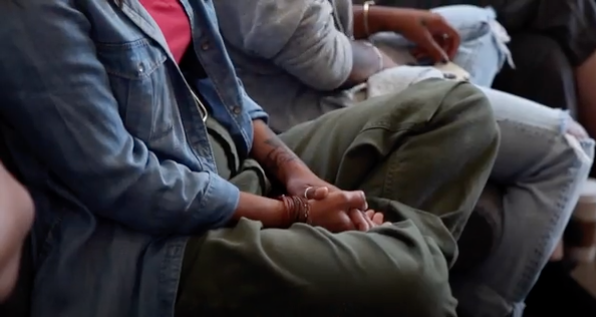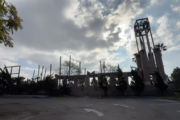This article appeared in the Journal of Global Buddhism’s Special Issue on Buddhism and Resilience, Vol 22, No 1 (2021), co-edited by Nalika Gajaweera.
Abstract
Drawing upon ethnographic research conducted in California with BIPOC practitioners of mindfulness, this article examines their efforts to create “safe spaces” to collectively experience and process painful embodied emotions around racialized trauma. These collective spaces, I argue, help meditators move from experiencing painful emotions as internal to their personal experience as individuals, and instead help relate their difficult emotions with those experienced and shared by other racialized minorities. Building such safe space communities help raise awareness of the shared socio-political nature of their individual emotions. This collective experiencing of racialized embodiment fosters a type of radical resilience, and, ultimately, develops an awareness of collective responsibility, care for community and direct action for racial justice within the individual meditator.
Click here to download the article.
Read more about the Special Issue on Buddhism and Reslience.
Nalika Gajaweera was a senior research analyst with the USC Center for Religion and Civic Culture through 2023.







